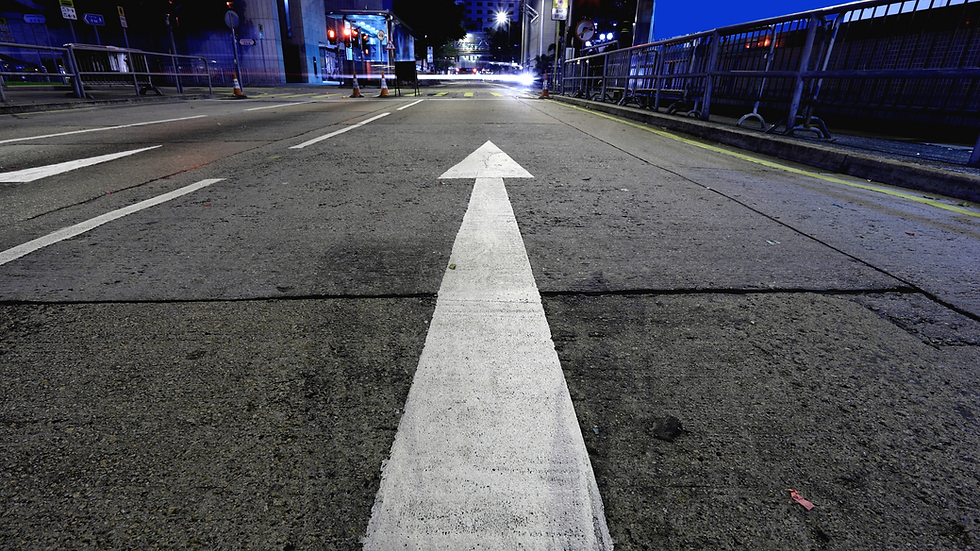How to Say No: 5 Strategies to Help People Pleasers
- Nicole Soer | Your Productivity Coach

- Mar 15, 2021
- 3 min read

Any fellow people-pleasers in the room?
I was a teacher in a small school district when I first graduated from college. I remember saying yes to everything that was asked of me: chaperone the fan-bus for football games? Yes! Provide piano accompaniment for solo and ensemble contests? Yes! Ride a donkey for a donkey-basketball game fundraising event? Yes! It was a time in my life when I had moved 3 hours away from my family for a job, and I cherished getting to know others (and had a lot of fun along the way). Saying yes was a way to connect with others and help fill my days.
Fast-forward several years and I was still saying yes to everything. I managed to say yes to two things on the exact same day and at the exact same time. I said yes to playing the piano for two different weddings that happened to be on the same day and at the same time. (I should note that this is also when I said yes to a calendar/planner). It worked out because one of the vocalists knew an excellent piano player who was available on that day. That also happened to be around the time when I realized I needed to learn to say no.
If you work for yourself, it can be harder to say no to people because you are in charge of structuring your day. But it is probably even more important. Your own time and your own interests are valuable. Realize that saying no doesn't make you a bad person! You are not responsible for other people's reactions.
The word "no" is such a small word and just two letters. N. O. But it sometimes feels as if it holds significant weight. Saying the word is like any skill that can be learned. In fact, say it out loud right now: No! Learning to say no, particularly to things that you don't really want to do, can open up time for what you actually want to do.
1: Know what you are saying "no" to
When you say yes to something, you are saying no to something else. If you say yes to attending a work function, you might be saying no to watching your kid's soccer game or you might be saying no to watching the latest round of "Wheel of Fortune". It's not that saying yes is inherently bad, it's just important to know what you are saying no to when you say yes.
It also helps to look at patterns in what you say yes to. For instance, if you constantly say yes to snoozing your alarm, you might be saying no to a daily workout or you might be saying no to daytime sleepiness. If you continually lend someone money, you may be saying no to growing your own financial wealth or you might be saying no to their resourcefulness.
2: Start with small nos
Find something small to say no to. If you are at a store, say no to the store credit card that will save you 25% with this purchase. Note: this will be available again. Say no to the "buy 3 bottles of wine and get the 4th for half off" when you are at a winery. When you start saying no in these lower-risk situations with strangers, it becomes easier to say no as the stakes get a little higher or with friends and family.
3: Pre-empt possible requests
If you have something that you want to do, let your family or friends know ahead of time. For example, you might say "On the weekend of the 5th, I have a virtual conference that I am attending, so I will be focused on that." Repeat it several times in the days prior.
4: Give yourself time
"Let me think about that." "Let me check my calendar and get back to you." This phrase would have served me well when I double-booked myself for two weddings. If you are working on a project, you can postpone with the requestor: "I'm working on a project for Gina. Will you check back in with me at 3:30 and I will have a better idea of my availability."
5: How to say no to your boss
If your boss asks you to do something, it's okay to ask "When do you need this?" or "How does this rank in priority". Some managers may ask for a lot of ad hoc types of requests, and it's good to know what you are working on and have them help you re-prioritize if necessary. "I'm working on the budgets, which are due on Friday. Should I prioritize this new recruitment model or the budgets?"
When you are learning to say no, remember that it's okay to be kind when you are saying no! It's also okay to say yes to things - just remember to know what you are saying no to!



Comments